Learn to lead a middle and high school classroom and become an effective teacher for grades five to twelve. Develop skills in lesson planning, student-centered differentiated instruction strategies, classroom management, technology integration, and more.
Become a confident, inspiring, and caring educator ready to work in diverse public and private schools with all students—including those from various cultural, linguistic, and economic backgrounds, and those who have special needs. Your advisor will help you design your path of study.
Our accredited teacher education program is designed to prepare you not only to meet the Iowa Board of Educational Examiners licensure requirements but to be a highly qualified teacher in your selected content area. Graduates are continuously sought after by school districts because of their preparation, ability to work with diverse school populations, and familiarity with the challenges and strengths of our school communities.
Teacher Education Experiences
Professional Development School
A signature part of Loras’ program is the Professional Development School. This partnership with the Holy Family Catholic Schools provides you with more experience in the classroom, prior to student teaching, closing the gap between theory and practice.
In Local Classrooms Your First Year
A trademark of our secondary education program is that students are in local classrooms early and often. Observation hours start in Foundations of Education, typically taken during the first year, and continue each year at Loras. Students typically complete 100 hours prior to student teaching. These hours take place in middle schools and high schools, both public and private.
Mentoring
Students mentor a middle school student for ten hours, an experience that is embedded in multicultural education.
Observation and Teaching
During your student teaching in a secondary school, you will complete observation and teaching with guidance from Loras faculty and your cooperating teacher. You will be immersed in a full-day experience for eighteen weeks.
(InTASC) Standards
Preparation is strategically tied to the Interstate Teacher Assessment and Support Consortium (InTASC) Standards.
Student Teaching
During the student teaching semester, you will participate in mock interviews where you have the opportunity to receive coaching about the job search process and participate in practice interviews with school principals.
You will complete a web-based portfolio course during student teaching. This portfolio highlights your work through the program and is a great tool for your job search.
You’ll Be Ready
Loras prepares you to become reflective teacher advocates, shaped by our commitment to developing four essential competencies in teacher candidates: deep content knowledge, diverse instructional practices, everyday advocacy, and reflective action. Learning to develop and apply these four competencies occurs in the Loras classroom and through professional clinical experiences in our partner schools.
Course Highlights

Secondary Education Licensure
If you are seeking licensure at the secondary level, you must also complete an academic major outside of education in one of the following areas:
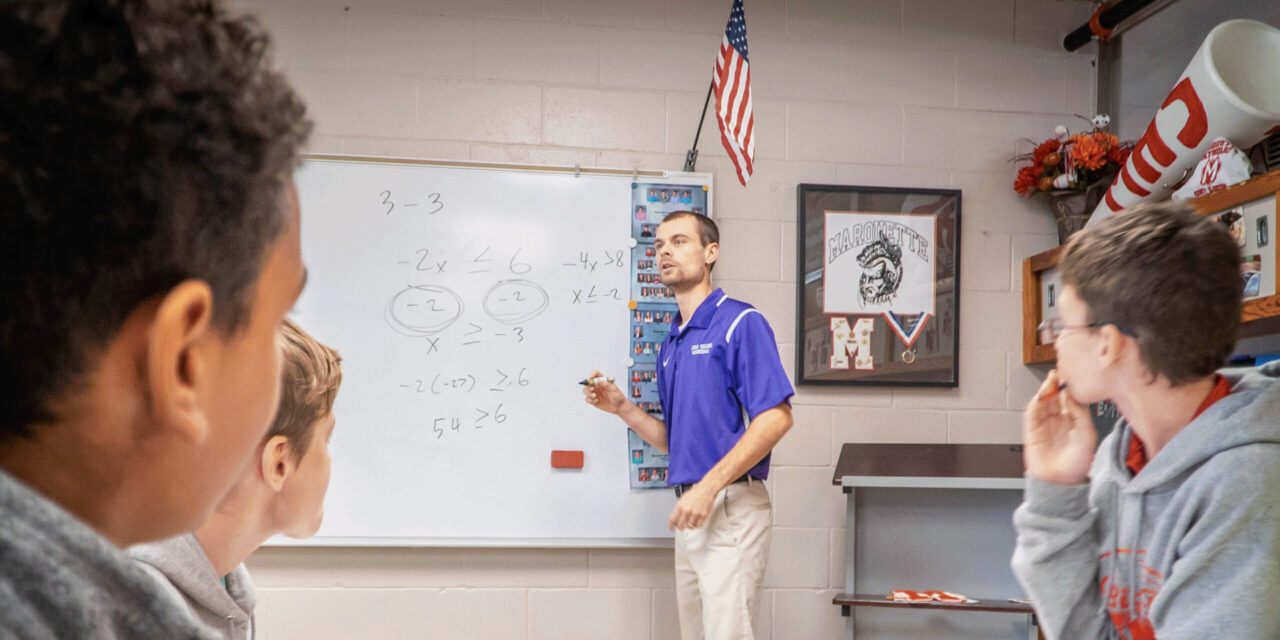
Clubs & Orgs
We have a variety of opportunities for you to get involved from the moment you set foot on campus.
eDUcation Club
DuThon
DuBuddies
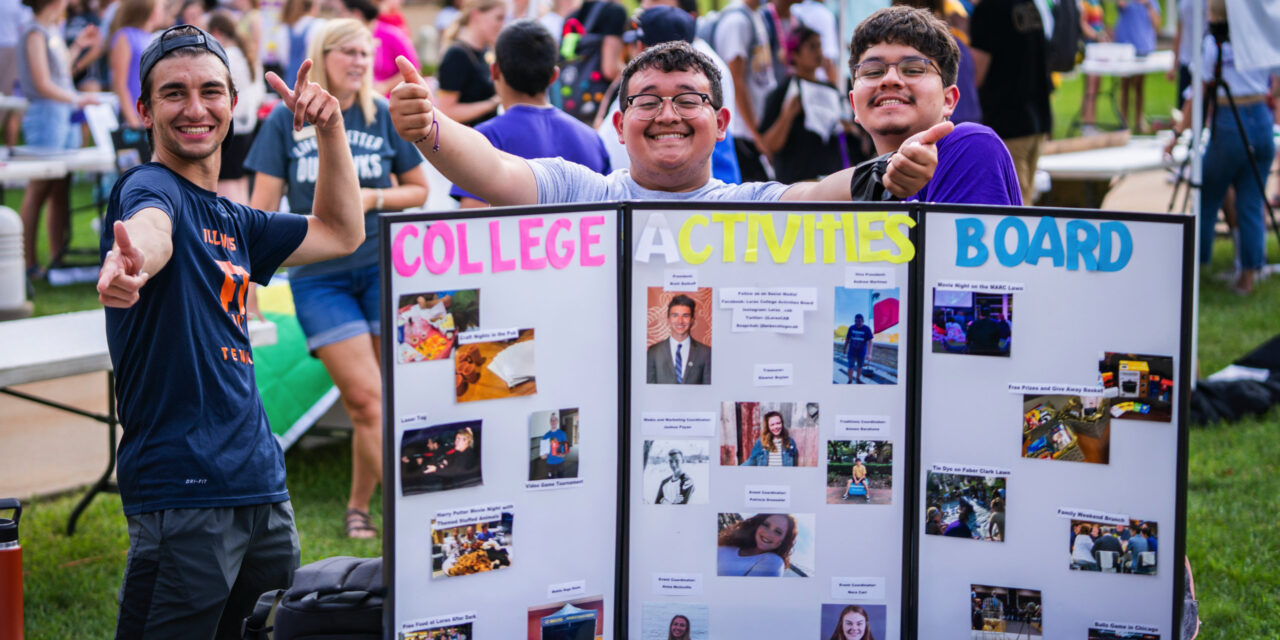
Straight Talk from a Duhawk
The education department has amazing and passionate teachers! I know I will leave here feeling extremely prepared to lead a classroom.
— Ellie (’25)
Meet Your Professors
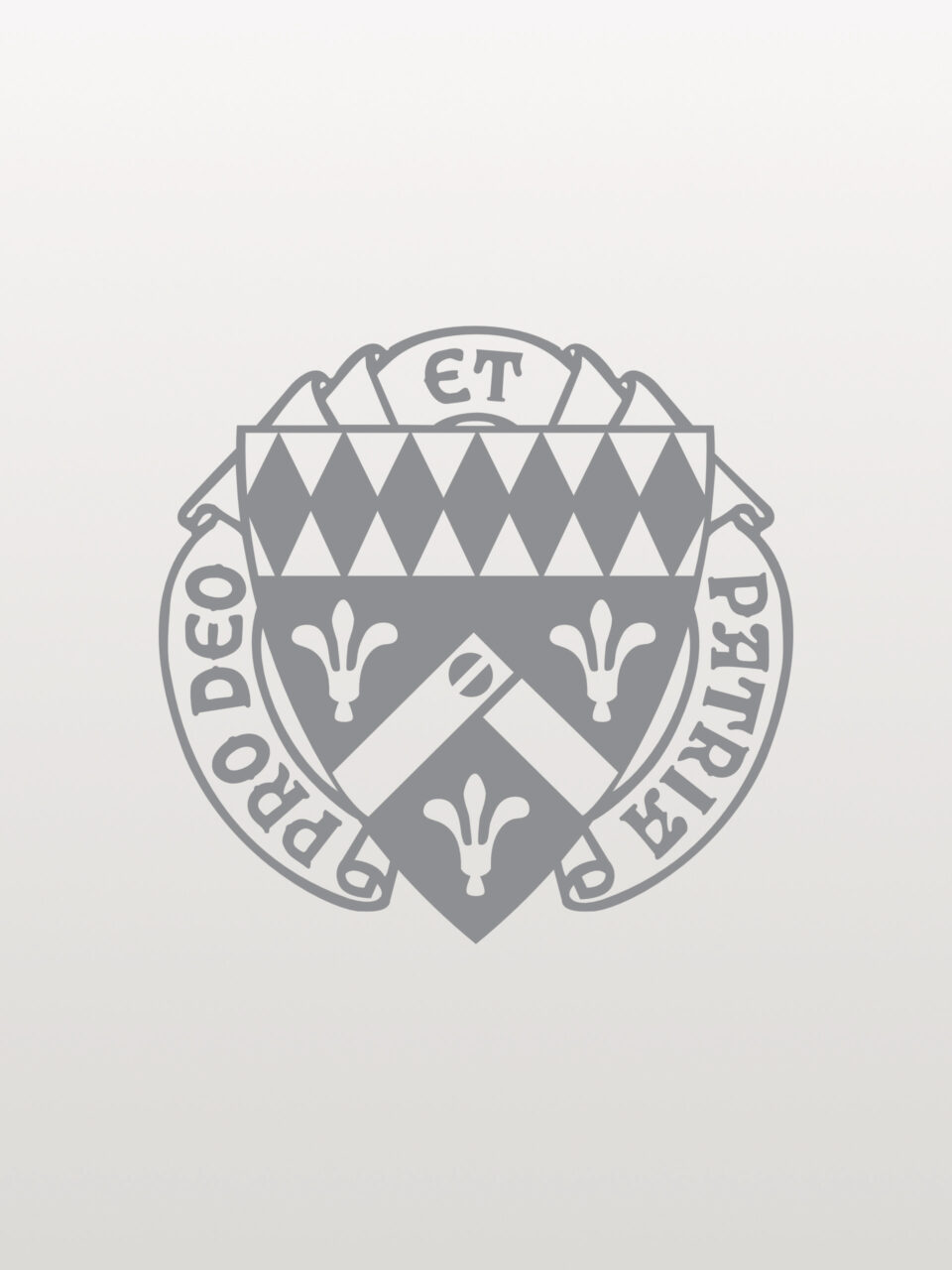
Brent Daigle PhD
Assistant Professor of Education
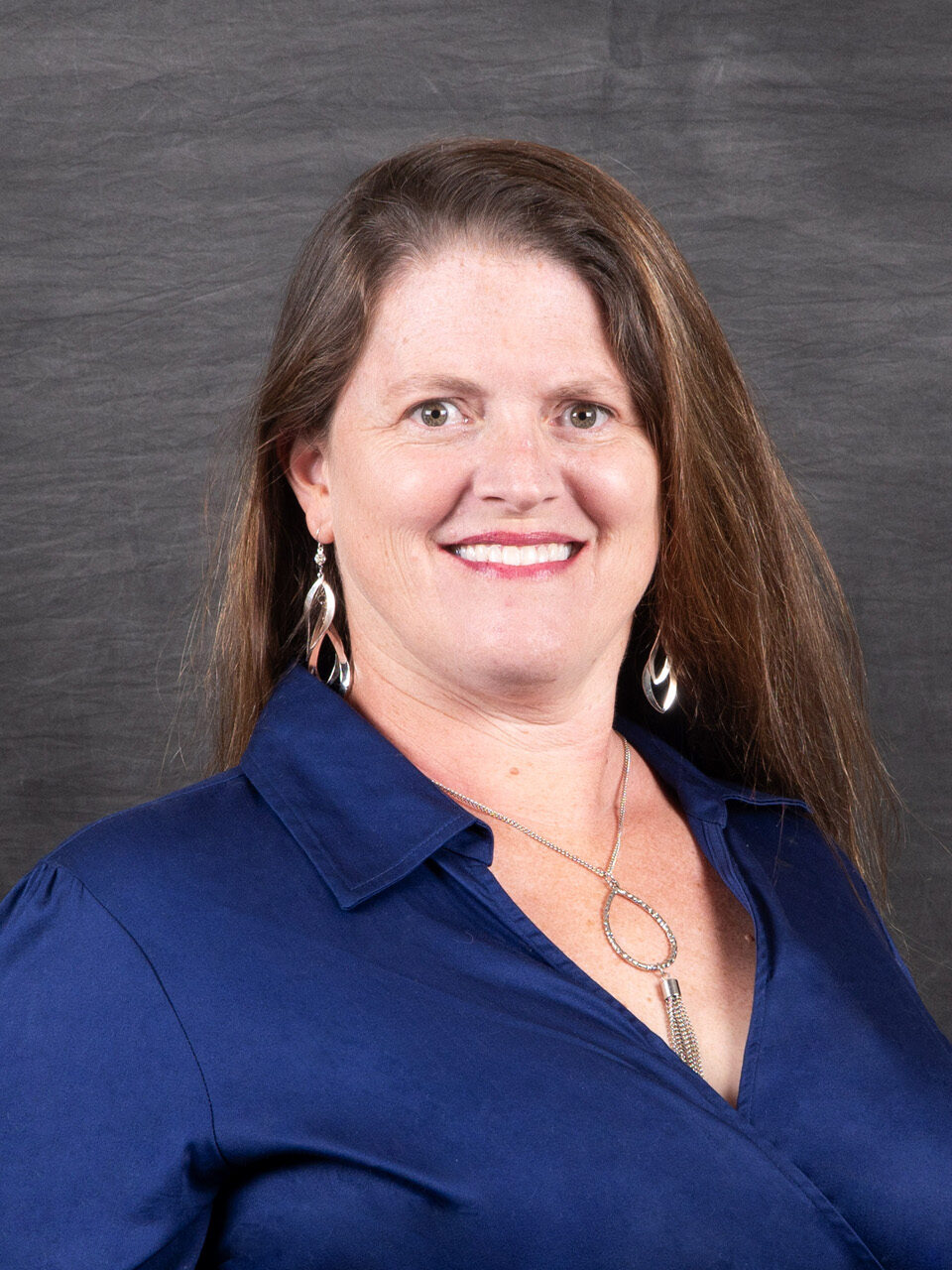
Rebecca Fabricius MS
Director of Clinical Education

David Salyer PhD
Associate Professor of Education
Director of Teacher Education

Scott Scheuerell PhD (’95)
Professor of Education
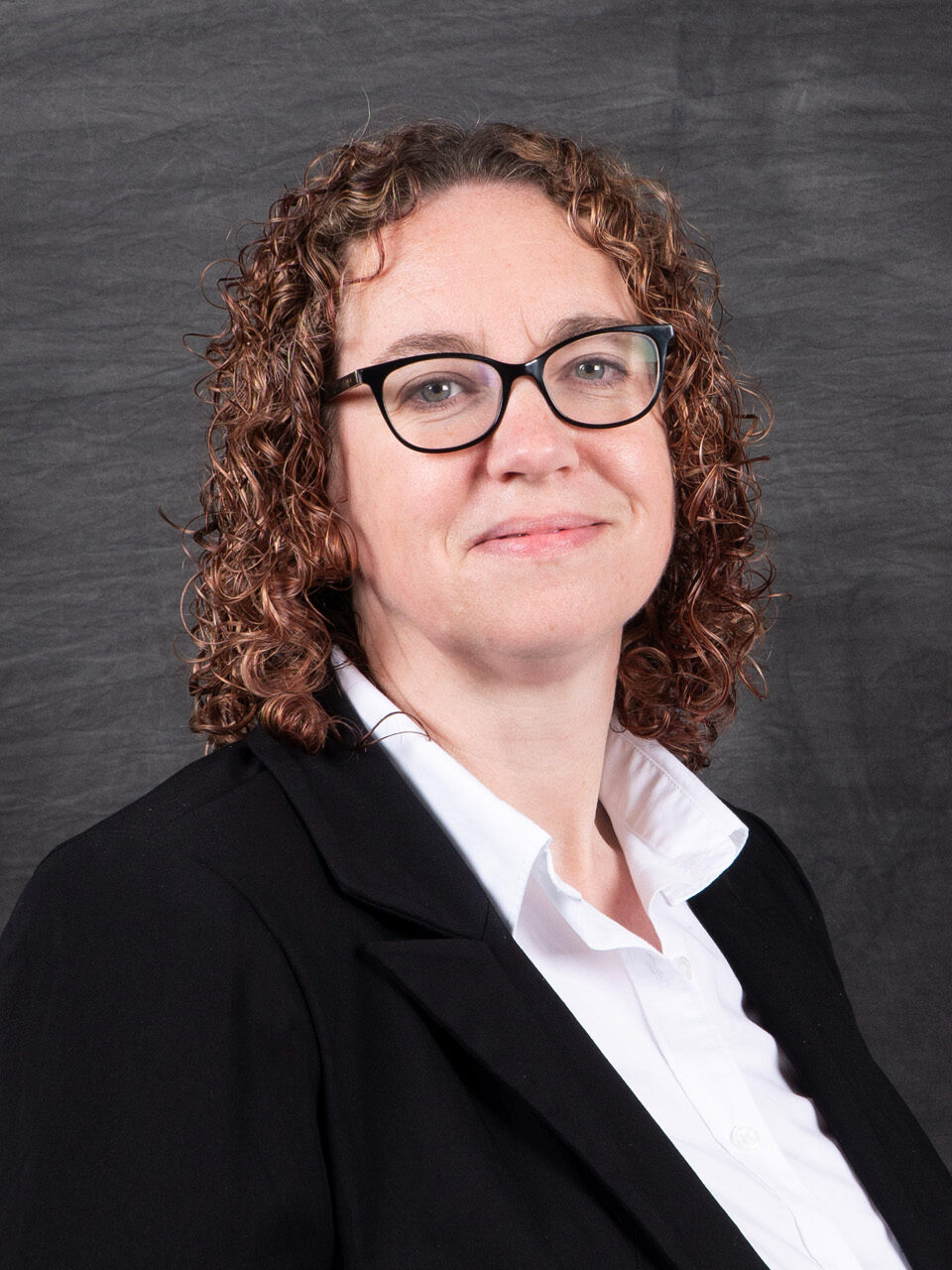
Rebecca Smith PhD
Assistant Professor of Education
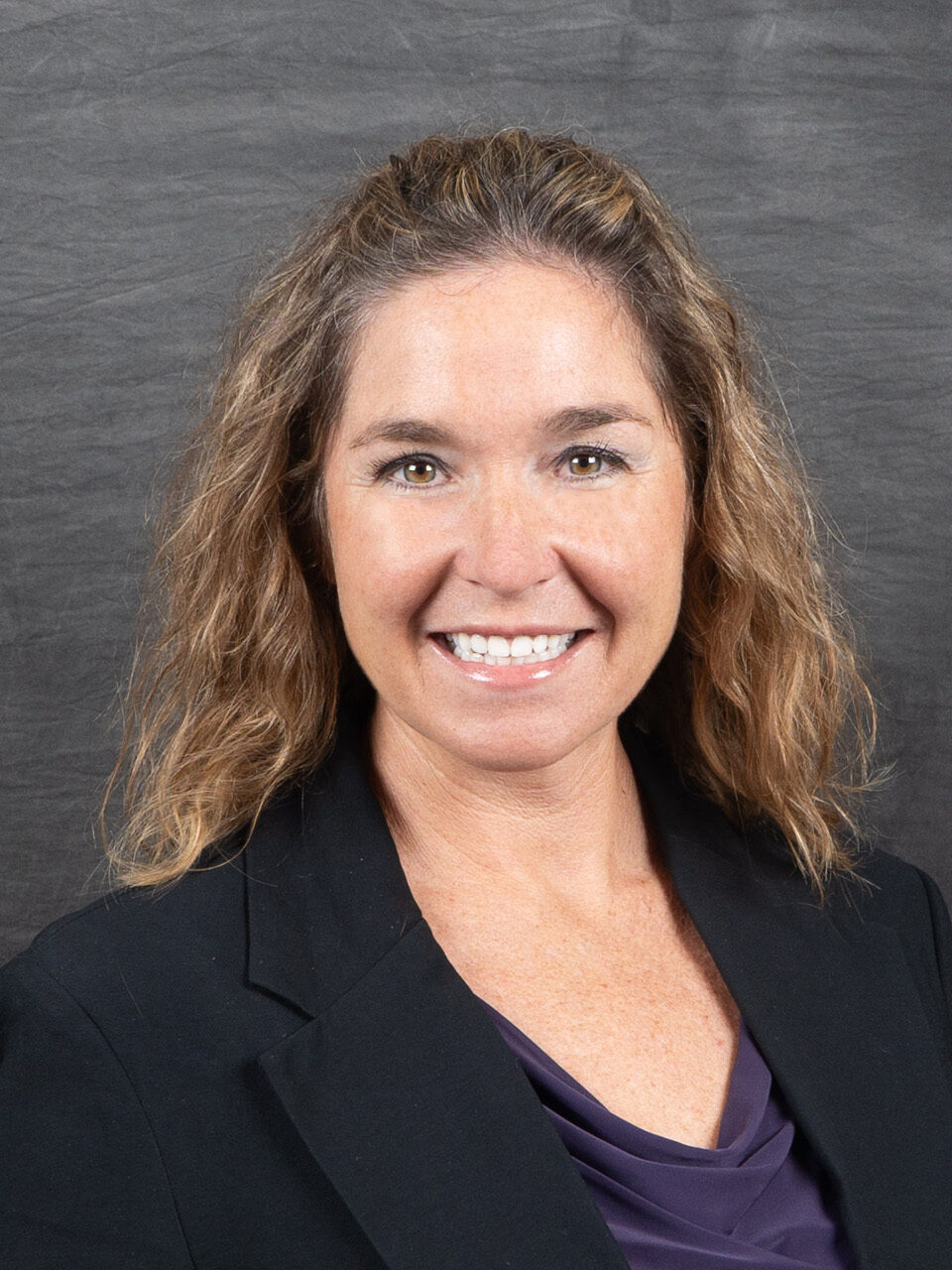
Hilarie Welsh PhD
Associate Professor of Education
First Year Director
Education / Secondary News
-

Community On & Off the Court
Growing up in Bellevue and attending Bellevue Marquette High School, Isaac Sturm’s (’17) affinity for the small-town, tight-knit community has shaped his life. More
-

Duhawk Difference Maker
Breanna Oxley (’13) is dedicated to making a positive impact wherever life takes her. Diving right into life as a Duhawk during her first year on campus, she made her presence known in and out of the classroom. More
-
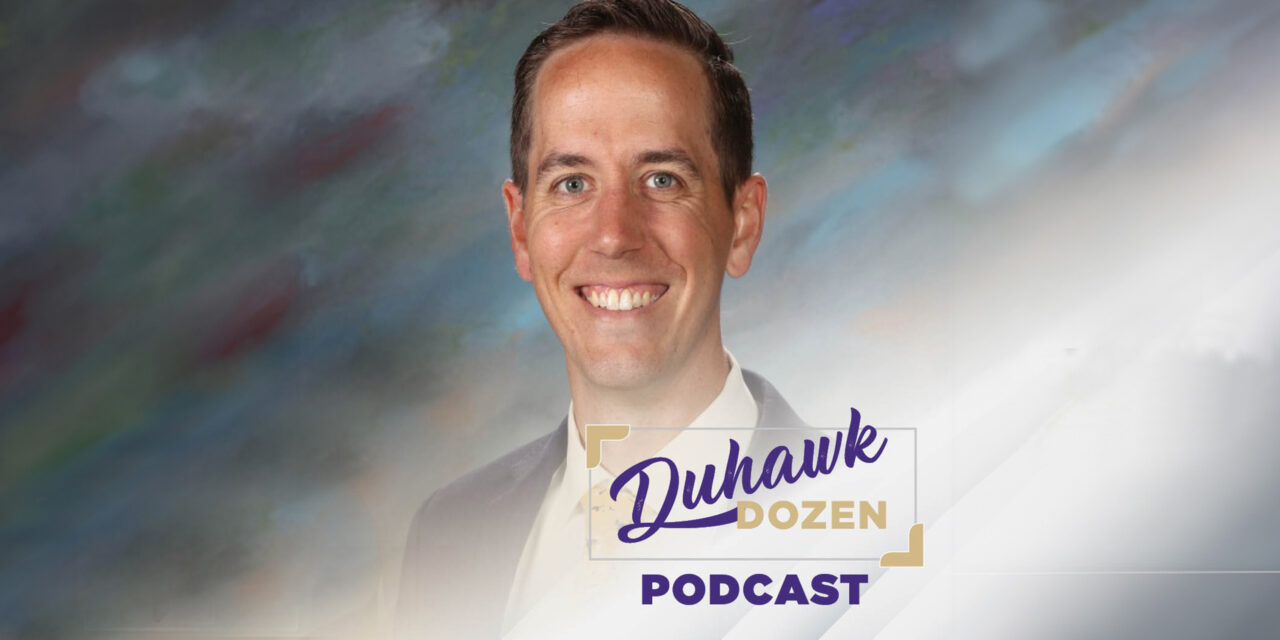
Leading by Faith
2013 graduate, Daniel Thole, sought a Catholic education, a strong community, and a robust math program when choosing his college. His search led him to Loras and those three factors continue to shape his life as an education leader a decade after graduating from Loras, earning him the title of our October Duhawk Dozen. More

